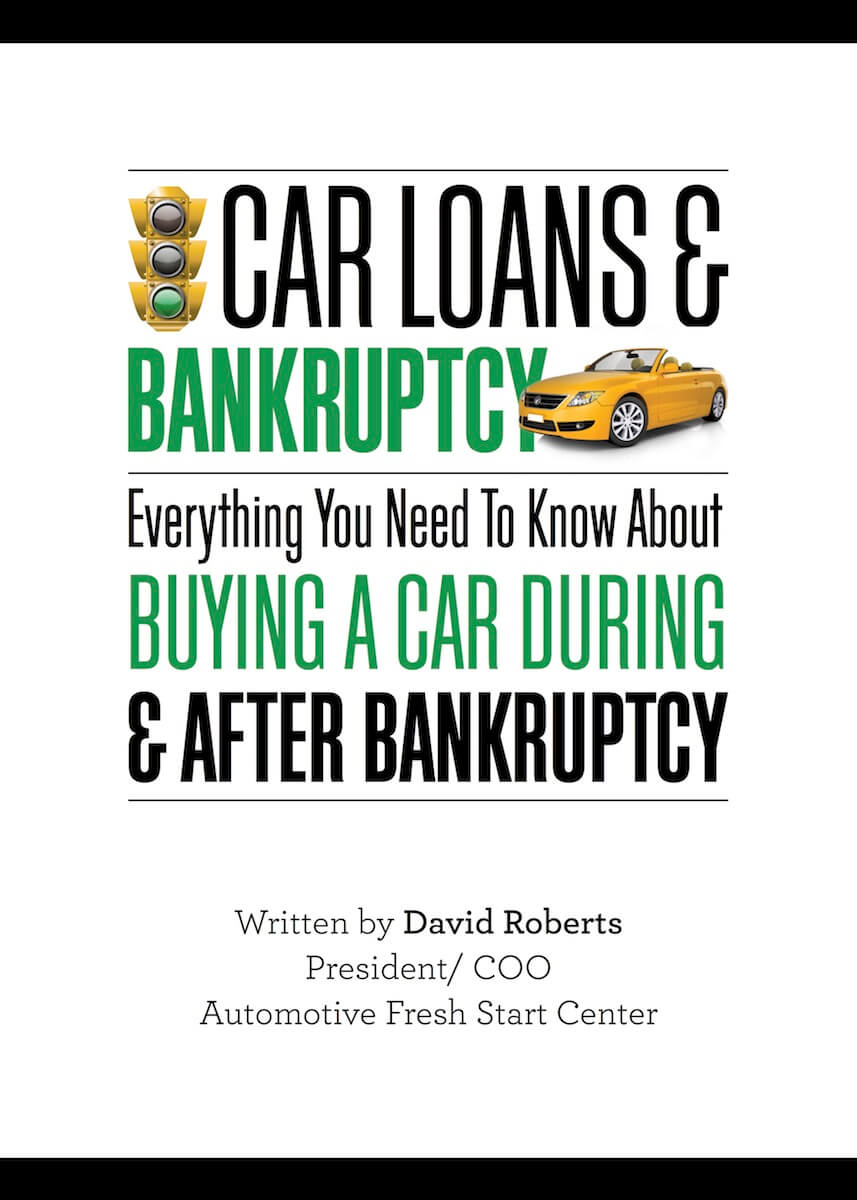IS THE AMERICAN DREAM DEAD IN JACKSONVILLE, FLORIDA?
Interesting news out of Jacksonville, FL and the foreclosure/bankruptcy area. Recently, a local real estate survey showed that Jacksonville, FL had one of the highest rates of institutional investors purchasing properties in the Nation. Markets with the highest percentage of institutional investor purchases included Memphis (25.4 percent), Atlanta (23.0 percent), Jacksonville, Fla., (22.2 percent), Charlotte (14.5 percent), and Milwaukee (12.0 percent). (Source Realty Trac, November 2013).
Institutional investors is a fancy word for hedge fund operators backed by big banks, pension funds and private investors. These big money investors find a market that is considered underpriced and has been hit hard by the foreclosure crisis in the last few years. Jacksonville meets both of those criteria. Both short sales and foreclosures are still exceptionally high despite the real estate gains that have been in the news recently. States with the highest percentage of short sales in October included Nevada (14.2 percent), Florida (13.6 percent), Maryland (8.2 percent), Michigan (6.7 percent), and Illinois (6.2 percent). Markets with the highest percentage of foreclosure auction sales included Orlando (8.6 percent), Jacksonville, Fla., (8.6 percent), Columbia, S.C. (8.1 percent), Las Vegas (6.6 percent), Charlotte (6.1 percent), Miami (6.0 percent), and Tampa (5.7 percent). (Source Realty Trac, November, 2013).
The end result of the rush of money into any area is price inflation. Markets with biggest increase in median home price included Detroit (up 38 percent), San Francisco (up 32 percent), Sacramento (up 30 percent), Atlanta (up 30 percent), and Jacksonville, Fla. (up 29 percent).
The increase in prices dramatically, and in a short period of time has combined with the recent foreclosure crisis to deny the ability to a large number of working middle class families to purchase a home. Not only has credit been damaged by the recent increase in foreclosures, job losses and delinquencies on credit reports, but wages have remained essentially flat for the middle class for over 20 years when adjusted for inflation. Institutional investors have used the increased purchasing of homes in middle class neighborhoods to rent the homes back to working middle class families that would have normally purchased a home in same neighborhood. While it may appear that there is no substantial difference in the end result, that is not the case.
First, all of the tax benefits of interest payments flow to the hedge funds, not the middle class family. The end result is higher taxes and less disposable income for the family. Second, the homes are never upgraded in a way that many families would normally upgrade. Kitchens are not updated, bathrooms are just maintained instead of remodeled and other major repairs that would normally be performed by local companies are never performed by the renters or the out of state hedge fund which is only interested in maintaining a steady stream of income with large expenses.
It will be interesting to see how the increased rental communities perform over the next few years as the houses age and are in need of upgrades. Will the new hedge fund owners perform the same repairs and upgrades to maintain a neighborhood value as local owners?
If you have a home now that is delinquent or subject to foreclosure, contact our office to discuss saving the home through Chapter 13 Bankruptcy. The 13 offers a modification program and a cure program for previously modified homes in order to cure arrears and stop foreclosure.
At Mickler & Mickler, we attend Court on a regular basis. We have the experience and knowledge to ensure that you receive the correct advice when confronted with difficult financial decisions related to filing bankruptcy. Contact us at 904.725.0822 or bkmickler@planlaw.com.
